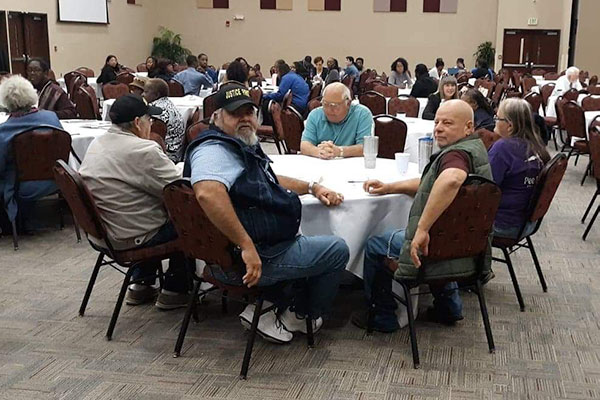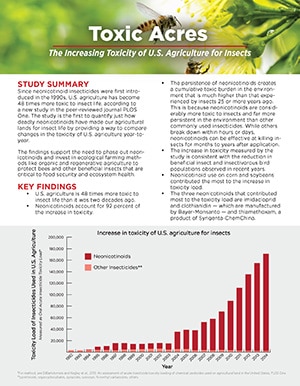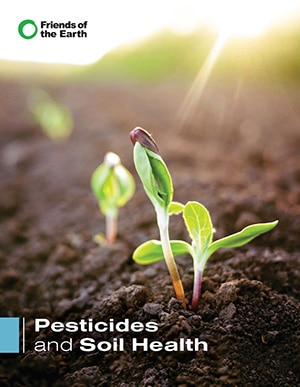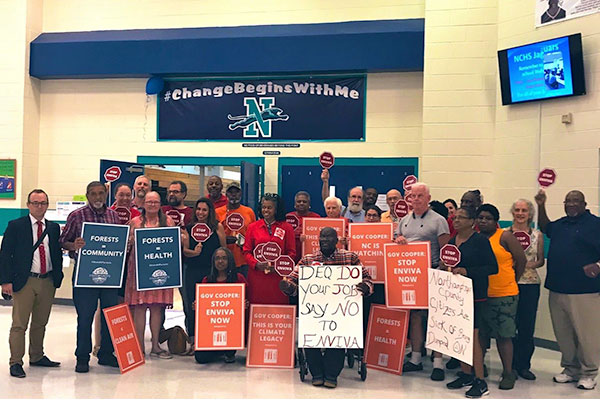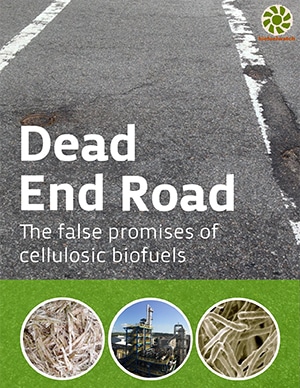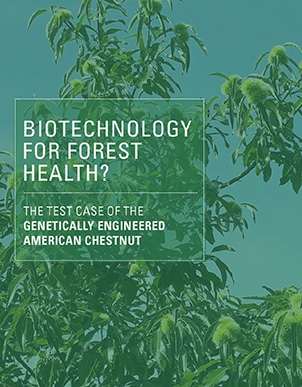Posts by Nick
Grain and Forage from Intermediate Wheatgrass: A New Perennial Grain Crop
Minnesota team: Craig Sheaffer, Jake Jungers, Mitch Hunter, Bradely Heins Michigan team: Sieglinde Snapp, Vicki Morrone and Kim Cassida (Michigan State University) and Hampshire Farm Project Highlights One of the first studies to investigate dual-use of intermediate wheatgrass (IWG) for production of Kernza® grain and forage Sites in Minnesota and Michigan represent a wide gradient…
Read MorePee Dee Tribe Represents Tribal Culture and Tradition
We had the opportunity to attend different events. One of them was The Creating Climate for Change Conference in October of 2019. We were able to represent tribal culture and tradition, by performing several dances that showed our traditions and culture. Also, we had the opportunity to disseminate the message about the importance of leaving forests and wetlands standing and connected with our tribe culture of respecting nature.
Read MoreToxic Acres
Friends of the Earth
Read MorePesticides and Soil Health
Friends of the Earth
Read MoreHeroes of SB3095 – This is what democracy looks like
In 2015, Syngenta, Dow, Dupont and BASF successfully sued Kauai County for the right to spray poisons next to schools, and not tell us about it. Today, as a result of the passage of SB3095, they can no longer do this. Over the next 4 years the Restricted Use Pesticide and neurotoxin chlorpyrifos, will be phased out and its use totally prohibited. Though other States have tried, none have been successful and Hawaii is the first.
Read MoreCommunity Engagement and Capacity Building
JAPRI (Jail and Prison Rehabilitation Information) participated in community engagement and capacity building effort in Northampton County, NC with Dogwood Alliance in August 2019.
Read MoreInoculant Impacts on Organic Vegetable Production in the Upper Great Plains
In the Northern Great Plains, adoption of roller-crimping for weed suppression in no-till organic cropping systems remains a challenge due to limited growing season and delayed soil warming, which limit production of sufficient cover crop biomass to suppress weeds. A solution may be to grow weed-suppressive biomass out of phase spatially and temporally with the main crop, an approach called ‘deep mulching.’
Read MoreDead End Road
biofuelwatch
Read MoreBiotechnology for Forest Health?
The Campaign to STOP GE Trees, Biofuelwatch, Global Justice Ecology Project
Read MoreThe Details That Matter: Second Generation Questions On Organic No-Till Practices
Submitted by Dr. Erin Silva, Department of Plant Pathology, University of Wisconsin-Madison View/Download Full Report in PDF Format Introduction The amount of land under certified organic management continues to expand in response to growing consumer demand. According to the 2016 United States Department of Agriculture’s Certified Organic Survey, 1.1 million ha of crop land were…
Read More
